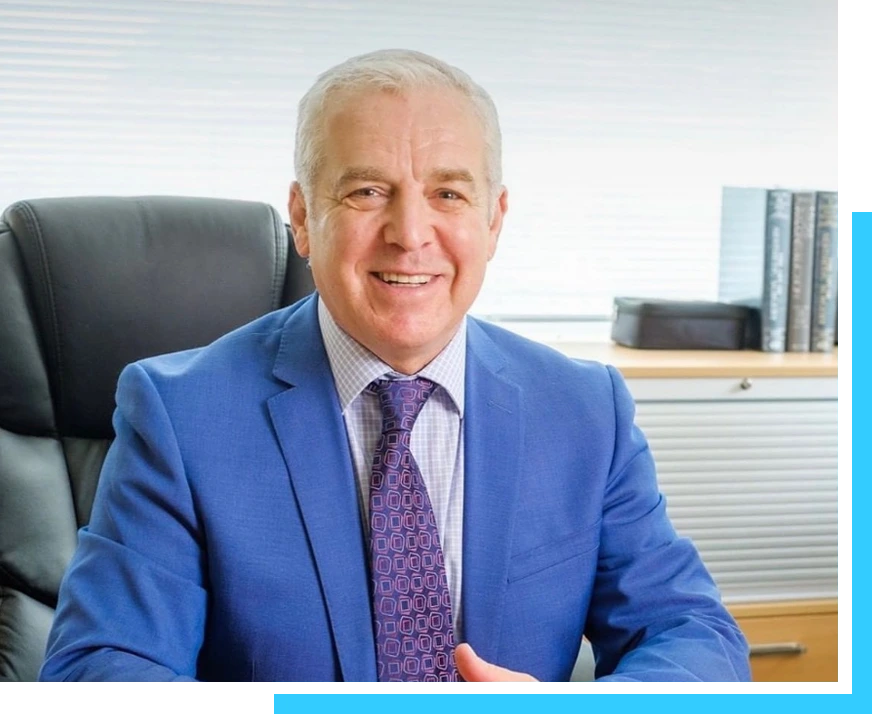Cross Hudson Plastic Surgery in Englewood Cliffs, New Jersey offers awake Brazilian butt lift, a popular procedure that enhances the size and shape of the buttocks using the patient’s own fat cells. This customized body contouring surgery performed by Dr. Boris Mordkovich helps people achieve natural-looking results. With over 30 years of experience, our practice provides exceptional care from the initial consultation and treatment planning to the surgery and recovery process. Patients can expect beautiful, proportional contours that boost their confidence and self-esteem.


Brazilian butt lift (BBL) is a cosmetic procedure that aims to enhance the size and shape of the buttocks. It involves natural fat transfer – the tissue is removed from areas like the abdomen or back, processed, and injected into the buttocks. This way, BBL improves contours and increases projection for a fuller, rounder backside. In most cases, this surgery lasts 2-4 hours and requires a few weeks of downtime and several months for full recovery. It is performed with local sedation (awake) as the patient retains consciousness.
People who are considering a Brazilian butt lift need careful preparation before the procedure is performed. It typically begins with an initial consultation with Dr. Mordkovich in his Englewood Cliffs office. The medical history is reviewed, and a physical exam is conducted to determine if the individual is eligible for this operation. The surgeon also discusses the patient’s goals and expectations to create an appropriate treatment plan.
If cleared for surgery, the candidate is given detailed preoperative instructions to follow. This usually involves discontinuing certain medications that increase bleeding risks, such as aspirin, ibuprofen, and some herbal supplements. Patients are also instructed to stop smoking for a month and arrange for a friend or family member to assist with transportation after surgery.
If cleared for surgery, the candidate is given detailed preoperative instructions to follow. This usually involves discontinuing certain medications that increase bleeding risks, such as aspirin, ibuprofen, and some herbal supplements. Patients are also instructed to stop smoking for a month and arrange for a friend or family member to assist with transportation after surgery.






